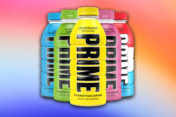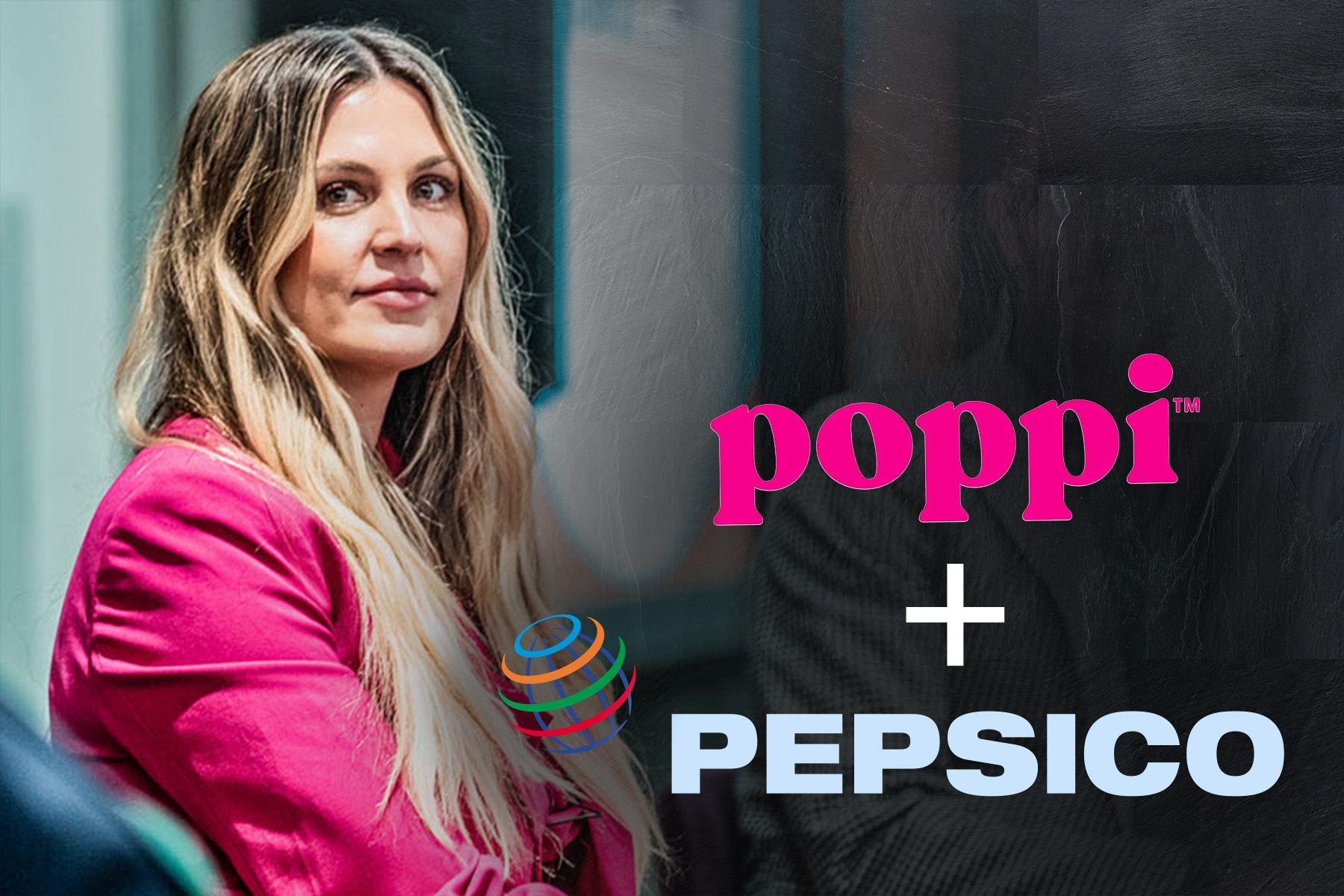COVID-19
2023 All-Channel Results: LRB Dollars Rose. Volume Fell. Dr Pepper Edges Out Pepsi-Cola as No. 2 CSD Brand
Most Top-10 LRB Trademarks Posted Dollar Growth, Volume Decline
Read More
Monster, Red Bull Post 2023 Growth. Underperform Category.
Celsius Exceeded $1 Billion in Sales
Read More
Coke, KDP Leaders Remain Optimistic, Poised to Act as Pricing Growth Slows
Some Channel Shifting Seen for Pressured Consumers
Read More
2023 Concentrate Pricing Up Double-Digits for Major CSD Brands
Stills Brand Pricing to Bottlers Also Up
Read More
Sparkling Water Q1 Category Results at Retail. Coke's AHA Slides.
AHA Volume Down -42%. PepsiCo’s Bubly Grows. LaCroix Slips
Read More
Influencer-Driven Sports Drink Challenger Prime Bursts Onto Retail Scene, Grabs Share
Gatorade, BodyArmor Pressured
Read More
Powerade Targets Gatorade with New Formula, Packaging
Meanwhile, Can BodyArmor Regain Pre-Acquisition Momentum
Read More





